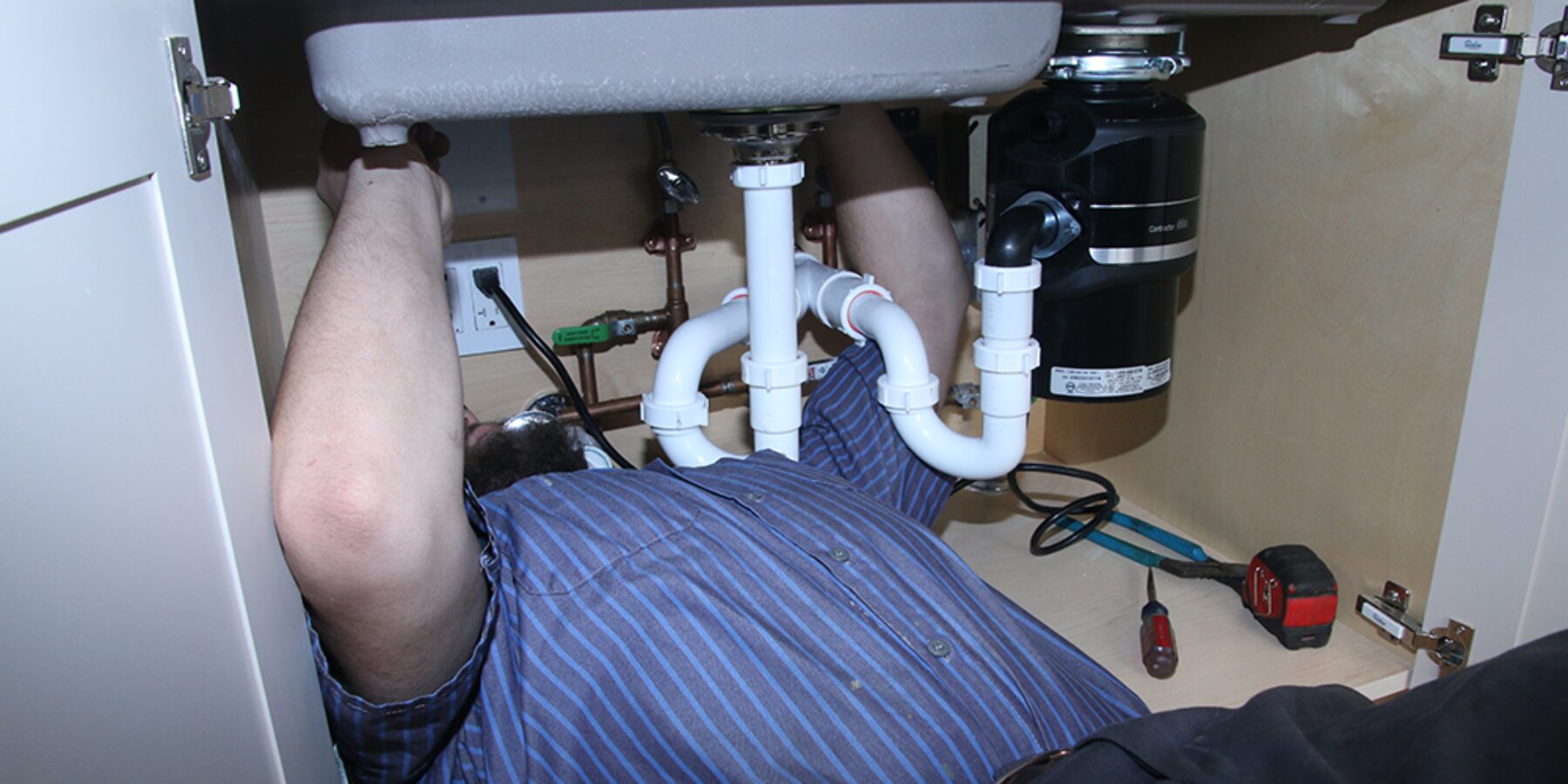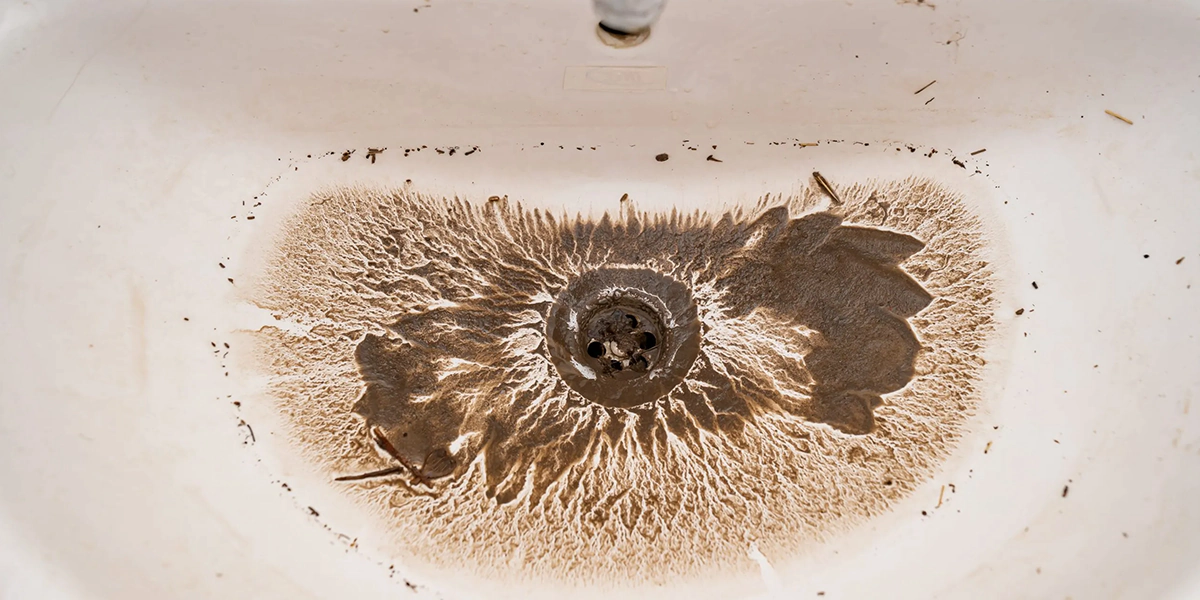This post in the next paragraphs relating to 4 Tips to Fix a Slow Draining Sink is exceedingly motivating. Try it and make your own conclusions.

Intro
We have actually all existed: You're cleaning your teeth or cleaning your hands, and you discover the water pooling in the sink. As opposed to promptly swirling away, it remains, turning your once-refreshing morning routine right into a mini swamp scene. A slow-draining sink isn't simply bothersome; it's frequently a sign of larger pipes issues prowling under the surface area. The good news is that the majority of slow-draining sinks can be repaired with a little expertise, a few fundamental tools, and some persistence. All set to tackle this job head-on? Allow's roll up our sleeves and dive right in.
Understanding the Sources Of a Slow-Draining Sink
Prior to you begin poking around in your pipelines, it aids to understand what could be causing the downturn. Recognizing the origin makes it easier to choose the best fix.
Usual Wrongdoers Behind Slow Drainage
So, what's clogging points up? Generally, it's a blend of daily particles-- assume hair, soap scum, tooth paste deposit, and remaining food fragments. Over time, these little bits collect and hold on to the pipeline wall surfaces, gradually narrowing the flow and making it harder for water to pass through. In many cases, mineral deposits from tough water can additionally contribute to the gunk, developing the perfect storm for stubborn obstructions.
When is it Time to Act?
If you notice the water draining pipes slower than typical, it's an excellent idea to step in quicker as opposed to later. Waiting also long could bring about complete obstructions, undesirable odors, or even pipe damages. If the water takes greater than a few seconds to clean out after turning off the faucet, consider it a warning and prepare yourself to place on your do it yourself hat.
Devices and Products You'll Require
The right tools make all the difference. Thankfully, you will not need a completely equipped plumbing technician's van to do the job.
Crucial Tools for Do It Yourself Fixes
A plunger is your go-to starting point. A small, sink-sized bettor develops suction that can displace small blockages. For more consistent blockages, a drainpipe serpent (often called a plumbing professional's auger) functions wonders. A pair of gloves, a flashlight, and possibly a pair of safety goggles are additionally convenient.
Suggested Cleansing Solutions
Moderate recipe soap and hot water can help break down oily accumulation. A mix of baking soda and vinegar is a reliable natural remedy, and enzymatic cleaners use an even more environment-friendly approach. Maintain chemical drainpipe cleaners as a last resort, as they can be extreme on your pipelines.
Safety And Security First: Safety Measures and Prep work
Prior to you launch into unclogging setting, think of safety. You're handling potentially filthy water and debris, so slip on a pair of gloves. If you're using chemical cleansers, ensure the area is well-ventilated and adhere to the guidelines on the tag.
Safety Equipment and Work Space Arrangement
Put down some old towels or rags around the sink location to catch dashes. Eliminate any type of items that could get in your way, like soap dispensers or toothbrush owners. See to it you have good lights-- order a flashlight if required.
Step-by-Step Guide to Dealing With a Slow-Draining Sink
Currently, let's enter into the nitty-gritty. This step-by-step procedure will certainly guide you via simple techniques to restore your sink's drainage.
Step 1: Get Rid Of and Clean the Stopper
Typically, the stopper (that small plug you lower to block water) is the very first offender. Remove it very carefully and wipe any type of hair or crud caught around its base. Wash it thoroughly prior to putting it back in place.
Step 2: Utilize a Plunger to Remove Particles
Got that plunger ready? Placement it over the drain and offer it a few company pumps. The concept is to develop suction that can loosen up any type of clog. If you see little bits of particles drifting up, you're on the best track.
Action 3: Attempt a Drain Snake or Wire Hanger
If the bettor doesn't work, it's time to bring out the drain serpent. Carefully feed it into the drainpipe and twist as you go. You could really feel some resistance-- that's likely the clog. Keep turning and drawing up until you eliminate the obstruction. If you do not have a drainpipe serpent, a straightened out wire wall mount can operate in a pinch.
Tip 4: Use a Do It Yourself Drain Cleaner
An all-natural cleaner made from baking soft drink and vinegar can break down recurring crud. Pour half a mug of cooking soft drink into the drain, followed by half a mug of vinegar. Allow it fizz for around 15 minutes, then flush with warm water. This chain reaction usually does marvels for minor clogs.
Step 5: Reconstruct and Check the Sink
Placed every little thing back with each other and run the faucet. Does the water currently swirl away at a respectable rate? If yes, offer on your own a pat on the back. Otherwise, do not misery-- there are still a couple of more tricks up your sleeve.
Alternative Methods for Stubborn Clogs
Not all clogs are developed equivalent. If your sink still rejects to coordinate, think about these alternate services.
Sodium Bicarbonate and Vinegar Technique
We already discussed this, but it deserves keeping in mind once more. This gentle, eco-friendly approach is safer than chemical cleansers and usually fairly effective.
Enzymatic Drain Cleaners
Enzyme-based cleaners use all-natural bacteria to absorb organic matter. They're an excellent option if you're looking to prevent rough chemicals. Simply bear in mind, they may take a bit longer to work their magic.
Chemical Drain Cleansers: Pros and Cons
Chemical cleaners can blast via challenging obstructions fast, but they're not without drawbacks. They can create warmth and fumes, damages pipelines if made use of exceedingly, and position environmental dangers. Use them sparingly, and always follow the directions carefully.
Safety Nets to Keep Your Sink Flowing
Prevention is the best treatment. By taking on a couple of easy habits, you can maintain your sink from slowing down to begin with.
Routine Cleansing Routines
Wipe down the sink container and fixture location consistently. Eliminate hair or food bits before they have an opportunity to wash down the drain.
Preventing Damaging Substances Away
Hesitate prior to disposing coffee premises, oil, or fibrous vegetable scraps down the sink. These perpetrators hold on to pipe wall surfaces, creating clogs in time.
Regular Upkeep Checks
Arrange a quick month-to-month assessment. Run hot water with the sink for a couple of minutes, paying attention to the circulation. If it seems slow-moving, act quick prior to it comes to be a full-on obstruction.
When to Call a Professional Plumber
In some cases, no matter how difficult you try, that obstruct simply will not budge. That's when it's time to generate the pros.
Indicators That Indicate a Much More Major Issue
If your sink drains pipes slowly regardless of several attempts, or if you see water supporting in other components (like your shower or commode), you might have an extra severe plumbing issue prowling deeper in the system.
Stabilizing DIY Efforts with Expert Help
While DIY can conserve you cash and supply a sense of accomplishment, there's no shame in calling a specialist. A professional plumbing technician can assess your whole pipes configuration, making certain there's no underlying damage or lasting problem that might cost you a lot more down the road.
Contrasting Expenses and Long-Term Solutions
Prior to choosing, take into consideration the big picture. An affordable, quick fix could address the trouble momentarily, yet buying a more permanent service might save you money and anxiety in the future.
Weighing the Expenses of Do It Yourself vs. Specialist Fixes
Do it yourself repairs typically cost bit more than the cost of a bettor or a container of cooking soda. Professional services, on the other hand, come with a price tag yet may avoid repeated concerns and expensive repair services later.
Investing in Top Quality Fixtures and Upgrades
If your sink's design contributes to constant blockages, it could be worth upgrading to higher-quality components or altering the plumbing format. Consider this a financial investment in your home's performance and convenience.
Verdict
A slow-draining sink can feel like a small irritability, however it's frequently an indication that your pipes needs a little tender loving care. By recognizing the source, using the right devices and techniques, and committing to easy safety nets, you can keep your sink flowing easily. And when all else stops working, never think twice to contact a professional-- your home's pipes deserves the investment in care and maintenance.
Three Common Ways to Fix a Slow Drain
Baking Soda Method
Boil a full pot of water. Measure out cup of baking soda and pour it down the drain. Then take cup of the magical cleansing substance known as white vinegar and drop that down there too. Allow the mixture to fizz in the drain for five minutes as the vinegar and baking soda combine. Now dump in that whole pot of boiling water. This combination of cleaning substances should clear out anything that is causing your sink to drain slowly. If it doesn t...
Zip-It
If the baking soda method doesn t clear out your drain, it may be because a significant amount of hair and/or other debris has collected there and you need to remove it. Purchase a Zip-It tool at any home improvement or hardware store and insert it into your drain. It will catch any collected hair or debris that s blocking the flow of water. Pull it out. If it s got a big clump of hair, etc. on the end, you ve probably got your culprit.
Drain Cleaner
If these methods don t work, there is the standard drain cleaner that you can also buy in a hardware store or even your local grocery store. It s better if you can use a household solution, but these drain cleaners often work in a pinch. They re very simple to use. You generally just dump them in your drain and wait. If even this method is not effective, it may be time to call the plumber.
https://www.mrrooter.com/oneida/about-us/blog/2017/july/three-common-ways-to-fix-a-slow-drain/

I'm just very involved in Three Common Ways to Fix a Slow Drain and I'm hoping you liked the entire blog entry. You should take the time to distribute this post if you appreciated it. I am grateful for being here. Revisit us soon.
Pricing
 Patrick Renna Then & Now!
Patrick Renna Then & Now! Destiny’s Child Then & Now!
Destiny’s Child Then & Now! Raquel Welch Then & Now!
Raquel Welch Then & Now! Meadow Walker Then & Now!
Meadow Walker Then & Now! Naomi Grossman Then & Now!
Naomi Grossman Then & Now!